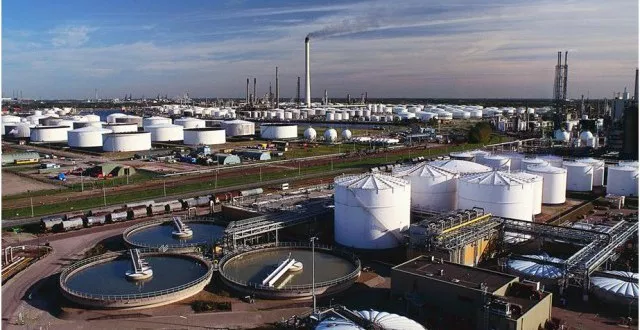The federal government on Thursday made it known that the oil and gas sector is going to face a substantially reduced demand for a prolonged period as its recovery is not likely any time soon.
It also announced the resolve of the Nigerian government to continue meeting the gas supply-demand of countries in the West African subregion.
Minister of State for Petroleum Resources, Chief Timipre Sylva, said these in separate virtual and physical functions.
In his virtual address at the international conference of the Nigerian Association for Energy Economics in Abuja, the minister said the impact of the COVID-19 pandemic on the oil sector was still devastating.
READ ALSO: No Driver’s License Without NIN – FRSC
He said the curtailment of crude oil production by OPEC and non-OPEC members was what helped in rebalancing global crude oil prices.
Sylva said, “This has been the major rescue from the precarious situation in the oil and gas industry to date.
“Coupled with the discoveries of COVID-19 vaccines in Europe, Russia, North America, China, and various parts of the world recently, we are poised for game-changers.
“With the foregoing, there is clear evidence that the global economy will eventually recover.
“However, it is unlikely that it will return to normal soon. Instead, the oil and gas industry is likely to be faced with prolonged substantially reduced demand.”
He added, “This will be mainly due to the growing pressures to use greener energy sources. In addition, the industry is grappling with oversupply issues, whether due to burgeoning oil volumes from US shale or the struggle for market share between producers.”
The minister noted that the future survival of oil firms would to a large extent depend on their ability to produce at lower costs.
He noted that the COVID-19 pandemic had made Nigeria to aggressively pursue the diversification of its portfolio from oil to the non-oil sector so as to cushion the effect of a possible future price crash.










